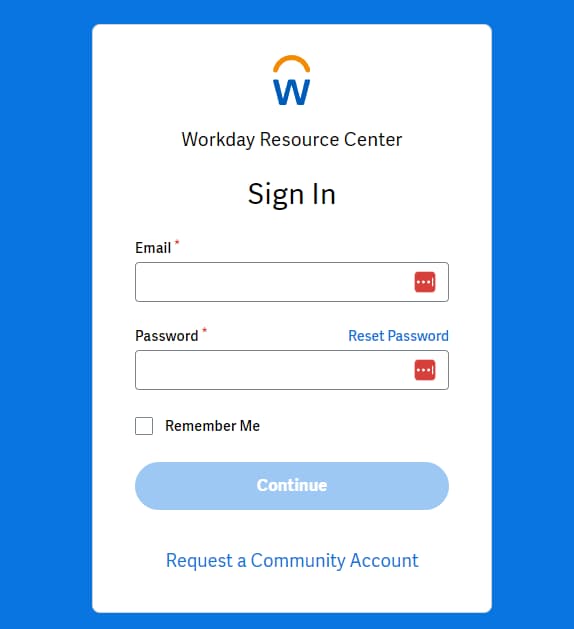Tax Deductions for Freelance Social Media Influencers – As a freelance social media influencer, you are your own boss. You set your own hours, rates, and clients. You get the luxury of working from home, but oftentimes, it comes with a cost.
One of the biggest challenges these freelancers face is maximizing their tax savings and filing their taxes. While there are several advantages to freelancing, such as flexibility and greater earning potential, many freelancers neglect to take advantage of tax deductions they are entitled to and end up paying significantly more in taxes than they should have.
Tax Deductions for Freelance Social Media Influencers

Let’s take a look at some self-employment tax deductions that freelance social media influencers can take advantage of to reduce their tax liability.
-
Office Supplies
As a freelancer, you likely work from home. You are entitled to take a 1099 tax deduction for using your home office as your primary place of business. The IRS allows taxpayers to claim the home office deduction if the area of the home used for business purposes meets the criteria.
This deduction covers everything from a portion of rent or mortgage interest to utilities and even office supplies. Be sure to keep a log of your business expenses and receipts for office supplies throughout the year.
These office supplies that can be written off include:
- Printing & stationery supplies
- Ink cartridges and toners
- Shipping labels & supplies
- Computer and equipment
-
Advertising and Marketing Expenses
Marketing and advertising expenses are deductible when it comes to freelancing. As your own boss, you are responsible for marketing your services, and the IRS recognizes this and allows freelancers to claim a deduction for such expenses.
Any expenses you incurred for promoting your services, such as attending a networking event, creating a brochure, or paying for social media advertising, can be written off.
-
Travel Expenses
If your social media influencer video, post, or speech requires you to travel, all of the expenses you incur when away from your home office are deductible.
This includes things like transportation, meals, and even accommodations. When traveling for business, be sure to keep accurate records of your business-related expenses so that you can deduct them at the end of the year.
Some of these expenses for travel that are deductible are:
- Airfare or train fares
- Hotel stays
- Transportation (taxis, rental cars, flights, etc.)
- Meals and entertainment
-
Equipment and Technology
As a freelance social media influencer, technology is a critical element of your business. Technology expenses such as software, equipment, and subscriptions can all be used as a tax deduction.
You can also claim depreciation on equipment such as computers and cameras that are necessary for your job. Remember to keep all invoices and receipts for technology, equipment, and subscriptions/tax software throughout the year.
-
Education and Training
Continuous growth and self-education is a hallmark of successful freelancers. Any expenses incurred when upgrading your skills or attending conferences, training, and seminars you attended that are directly linked to your business can be written off on your taxes.
Examples of such expenses are:
- Certifications and courses.
- Workshops and conferences.
- Books, magazines, eBooks, or audiobooks relevant to your field.
-
Health Insurance Premiums
Freelancers are not, by default, eligible to join company-sponsored health plans, but this doesn’t mean you can’t include your health insurance premiums as a business expense. As an independent contractor, you can deduct 100% of your health insurance costs as a business expense. Be sure to keep records and track all of your medical expenses throughout the year.
In addition to these deductions, freelance social media influencers also need to know the rules for filing estimated taxes as well. Most freelancers pay for their own Social Security and Medicare taxes through estimated taxes.
Your estimated self-employment tax should be paid quarterly. It’s important to work with a trusted tax professional to help prepare quarterly estimates and ensure that you’re not under or overpaying.
With all the advantages that come with being a freelancer, there are also a lot of responsibilities, especially around taxes. Make sure that you’re aware of all the deductions that you’re entitled to as a freelance social media influencer so that you can minimize your tax liability.
Additionally, understand the rules for filing estimated taxes and consult with a professional to ensure that you’re filing your taxes correctly. Using a tax calculator for independent contractors, or a 1099 quarterly tax calculator, may help you determine the estimated tax amount that you will need to pay for a given year or quarter.
Conclusion:
In summary, it’s a good idea to work with a tax professional or use tax software to claim the maximum tax deductions available to you. With the right knowledge and tools, you can keep more of your hard-earned money in your pocket.



